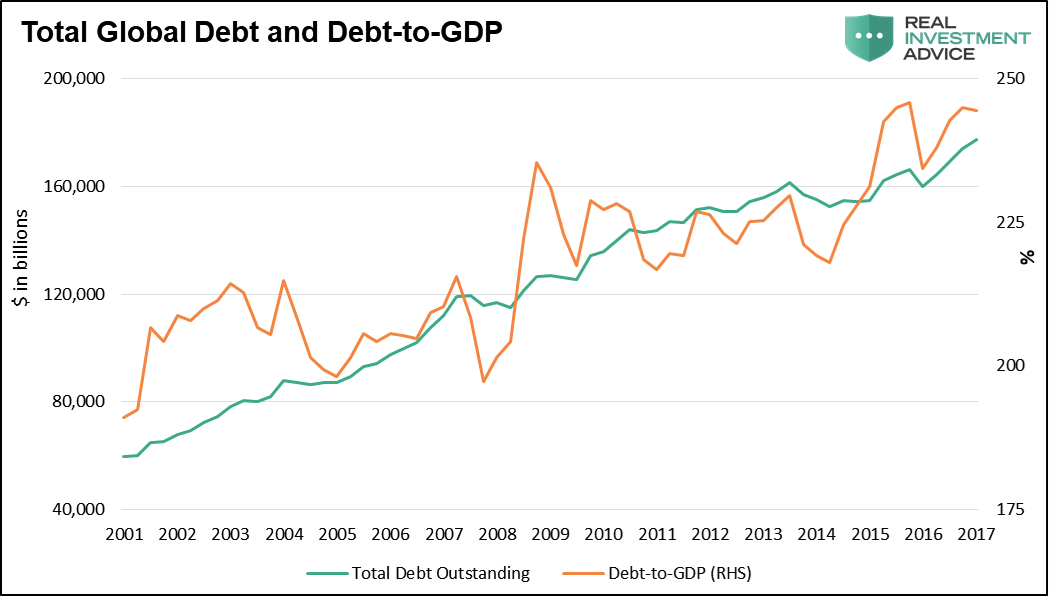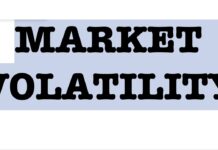“We want capitalism and market forces to be the slave of democracy rather than the opposite.”
– Thomas Piketty
The essential underlying elements of supply, demand, scarcity, andprosperity described in our first article in this series, The Forgotten Path to Prosperity, are keys to gaining a better understanding of what constitutes a well-functioning economy.
In this article, we further consider those dynamics and within that context begin to evaluate why current economic growth is stagnating. Our view necessarily advocates for a focus on supply-side economics. In other words, the talent, skills, andwork that people do to acquire resources and how the resulting productivity growth from those endeavors most effectively relieves scarcity and poverty.
In his best-selling book Capitalism in the 21st Century, Thomas Piketty advocates for a mandated redistribution of wealth through a progressive global tax. His perspective of economics centers on the allocation of resources and making sure that it is fair and just.
What is made very clear in Piketty’s arguments is that he and a few other intellectual elites, so-called “Davos-men,”ultimately know better than the collective decision-making of the citizens of a nation about how resources should be allocatedand what should be mandatedas “fair and just.”
Piketty and many other economists elect to ignore the fact that the world runs most fairly and efficiently when individuals are free to pursue their separate interests. Said differently, free-market capitalism, although imperfect, remains the single best means of relieving people from the ubiquity of scarcity. As we have repeatedly seen throughout history, nations that relinquish their liberties to oligarchs crumble from the inside-out.
Importantly, Piketty’s idea runs perfectly counter to the central precepts laid out in the United States Constitution, the Declaration of Independence, the Pledge of Allegiance, and scores of other important documents that foster the basic tenets of life, liberty and the pursuit of happiness in this country.
The challenges capitalism and free markets face are not due to a lack of government imposition of laws and regulation to ensure fairness and justice, they are due to the failure of the United States government to do the primary thing incumbent upon it – defend the rights of liberty as laid out in the founding documents of our country. What Piketty suggests implies a massive expansion of government power in ways that would at a minimum erode and at worst destroy the vitality and dynamism of a capitalistic and free market society. What is most worrisome is that these concepts are not just the ruminations of the latest economic “rock star,” they are fully in play in every developed nation and go a long way toward explaining the accumulation of sovereign debt and the deterioration of economic growth in those countries.
Data Courtesy: Bank of International Settlements (BIS)
Unwanted Intrusions
Economic inequality is and always has been a feature of human existence. The degree of inequality ebbs and flows across time and geography but will never be eradicated because scarcity is also a permanent feature of human existence. Yet,for a variety of complex reasons, western civilization enjoyed an economic system that delivered unmatched prosperity and economic equality over the last 500 yearsand nowhere was it more pronounced than in the United States of America.
Capitalism does not solve the perpetual and age-old problem of poverty, butit offers an advantage to those societies who trust in it and depend on the government to protect against unwanted intrusions, especially those emanating from the government itself. Societies are most prosperous where individuals are incentivized to be productive because their individual liberties and private property are protected. Those societies imposed upon by over-bearing governments issuing mandates about how earnings and property will be re-directed areless prosperous and eventually bankrupt themselves.
Free Markets and the Freedom to Choose
As described in The Forgotten Path to Prosperity, everyone has a set of ideas about how markets function. These ideas are establishedon the basis ofour everyday experiences about how we will use our resources. Our decision-making is prioritized by attending to those things we needfirst and then, provided the budget allows, moving on to those things we want – needs and desires. Whether at the grocery store or in the executive suite of a multi-national corporation, economic choices are framedin the context of economic reasoning.
Resources are limited so individuals must make decisions – choices – about how to best use the resources he or she has. At the same time, we accumulate resources by engaging in productive activities, through the use of the factors of production – land, labor andcapital – and productive activities are enabled and enhanced by the freely collaborative efforts among and between people.
With Liberty and Justice for All
So how does one go about being “freely collaborative”? What is it about a culture or society that is constrainedfrom being so? We take such benefits for granted in the United States but even here many of those foundational freedoms are eroding. What is reallybeing described here is liberty which means “I rule myself.”It isa “negative right” that restrains other people or governments by limiting their actions toward the right holder.
By contrast, a “positive right” provides someone with a claim against another person or the state for some good or service (i.e.,housing, healthcare, education). Liberty represents an individual’s freedom from oppressive restrictions imposed by authority on one’s way of life, behavior or political views. In other words, liberty (and freedom) can best be defined as a condition in which a man’s will regarding his own person and property is unopposed by any other will. The limits to liberty, according to Thomas Jefferson, are “drawn around us by the equal rights of others.”
The 17th-centuryphilosopher (and indirect contributor to the Declaration of Independence), John Locke framed it this way:
“All men are naturally in a state of perfect freedom to order their actions and dispose of their possessions and persons as they think fit, within the bounds of the law of Nature, without asking leave or depending upon the will of any other man.”
Paraphrasing Jefferson and Locke, we should be allowed to do whatever we want, so long as we do not impose upon or hurt others in doing it.
Reflecting for a moment on those important closing words in the Pledge of Allegiance, “with liberty and justice for all,”we may now have a grasp on liberty but what does this have to do with justice or Thomas Piketty, for that matter?
Thomas Piketty envisions a world, quite literally a global government authority, which actively redistributes wealth, resources and property as that authority sees fit and fair without regard for the liberties of individuals. Social justice does not and cannot reconcile with the form of justice that is referenced in The Pledge of Allegiance precisely because it is adjoinedto liberty. Social justice requires an imposition on some members of society in order forothers to receive positive rights assigned to them. It means someone elserules over the choices and resources taken from me. The only justice that can be “for all” involves defending negative rights – prohibitions laid out against others, especially the government, to prevent unwanted impositions and intrusions.
Summary
An increasingly interventionist government, either through un-elected and unaccountable authorities like those at the Federal Reserve or those elected by constituents who demand more positive rights, will continually stray from its delegated authority. The erosion of negative rights in the name of “fairness” and “justice” achieves neither. Free markets are not allowed to function fluidly as Fed officials step in tobailouthedge funds and bankers in the name of “the greater good.” Economic growth deteriorates as capital is used to buy back stock to boost executive compensation instead of being invested in long-term growth and innovation. Entire industries wither kept alive only by artificiallylow-interestrates leeching resources from others who might use them more productively. Standards of living deteriorate as the cost of housing, healthcare, andeducation skyrocket while worker pay remains stagnant.
All of these examples and many others can be found in today’s post-crisis economy and serve as markers for poor growth, weak productivity, andbroad public dissatisfaction. They point to misguided policies that subordinate the inalienable, negative rights of liberty to the selfish demands of a society that risk losing her most precious asset – the talents and contributions of an inspired and motivated population.
If, as Piketty advocates in the opening quote, capitalism and market forces are to be the slave of democracy, then democracy will most assuredly be the slave to corruption. Piketty’s wish is to subordinate the cumulative independent decisions and property rights of billions of human beings – basic liberties – to a few pious intellectual elites claiming to know what is best for the global population. Without these liberties, capitalism and market forces will be neither subject to honest men elected to represent a constituency nor capable of carrying out the duties of sponsoring free collaboration. The Davos Men will rule andthey will direct markets and capital as they wish (and to their benefit) picking their winners until the façade collapses under the weight of the bulging obligations of socialism. The problem with socialism, as Margaret Thatcher pointed out, is that you eventually run out of other people’s money.
To restate Milton Friedman yet again, “there is no alternative way so far discovered of improving the lotof the ordinary people that can hold a candle to the productive activities that are unleashed by a free enterprise system.”
Twitter: @michaellebowitz
Any opinions expressed herein are solely those of the author, and do not in any way represent the views or opinions of any other person or entity.









